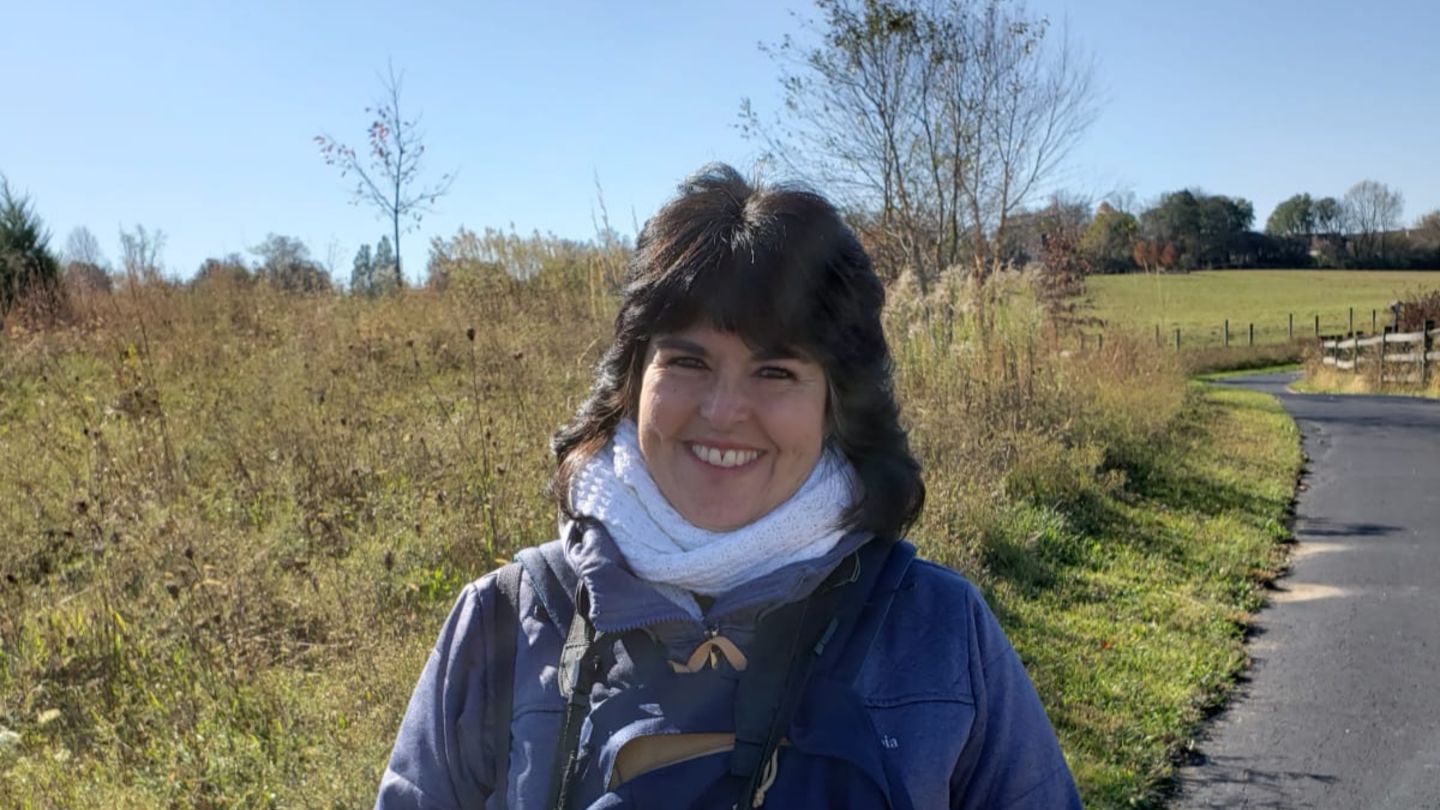
CST professor leads effort to turn off, dim or block building lights to help reduce deadly bird strikes
In Philadelphia, April is the start of spring’s peak season for migrating birds. On Temple’s Main Campus, more than 106 bird species including migratory and resident birds, have been documented. Yet, artificial light from buildings and reflective surfaces from glass windows, can confuse migrating birds. Across campus, many birds are killed by flying into highly reflective services and windows.
Maria Andreina Pacheco, an assistant professor of research within CST’s Institute for Genomics and Evolutionary Medicine, is leading an effort to make Main Campus safer for migrating birds. Pacheco recently answered a few questions about the initiative.
What is Lights Out Philly?
Lights Out is a national program to help protect migrating birds. It began after a mass collision event killed more than 1,000 birds in a single day in 2020. There are now dozens of participating cities, including Philadelphia which joined in 2021.
Why is Lights Out Philly important?
Most species of birds migrate at night using a variety of cues to find their route, including the earth's magnetic field and the position of the stars. Artificial lights attract millions of birds at night when they pass through Philadelphia, or any big city, during the spring and fall migration. Unfortunately, many of them are killed flying into buildings every year when they get confused by lights or by reflective or transparent glass surfaces.
How does turning off lights help migrating birds?
By turning off or dimming non-essential lighting and closing window blinds, shades or drapes during critical migration periods, we can reduce hazards from attraction to, and disorientation by, lights, allowing birds to proceed with their migratory journeys safely.
How did you get involved with Lights Out?
In 2016, I noticed that bird collisions around Main Campus were a big concern. Since then, I started to collect birds—more than 100 every year—and bring them to The Academy of Natural Sciences of Drexel University. Professor Ananias Escalante and I established a collaboration with Jason Weckstein, associate curator of ornithology, and Nate Rice, collection manager of ornithology, to use bird tissue samples to study avian haemoparasite diversity. Then, when Lights Out started in Philly, I signed up as a volunteer focusing on gathering the data around Temple and helping those injured birds that can be saved on campus. Every year, biology students and colleagues help me collect the birds.
Which buildings will be part of Lights Out?
This year, the Science Education and Research Building, Gladfelter Hall and Mazur Hall will be part of Lights Out. I want to thank the College of Liberal Arts’s Mandy Gibson, director of academic administration, and Marc Getty, assistant dean for technology and facilities, for participating in the initiative.
Unfortunately, we cannot turn off all the lights on campus. Our best option is to turn off or dim non-essential lighting and keep the window blinds down at night during the migration season (April 1-May 31 and August 15-November 15). I’m hopeful we can get more Temple schools and colleges involved this fall. Turning lights off will also save energy and cost. One study in Washington, DC showed that buildings could reduce their energy usage by up to 28 percent by dimming their night lighting.
How can the Temple community get involved in Lights Out?
- Turn off or block: At night, turn off and/or block as many external and internal building lights as possible during the migration season (April 1-May 31 and August 15-November 15)
- Report a collision: Take a picture of the bird that collided with a building or window and submit the observation to Bird Safe Philly Bird Strikes Project to help increase the understanding of bird collisions in Philadelphia.
- Report a specimen : If the collision is on campus, people can contact me and bring me the body or send me the coordinates. I can keep them frozen until I bring them to the Academy of Natural Sciences. If an injured bird is found on campus, they can contact me. I will try to do my best to save the bird.
- Volunteer: To get involved in the Philadelphia area, visit www.birdsafephilly.org/get-involved
How is your work with Lights Out connected to your research here at CST?
In our lab, we study the evolution of human malaria and related parasites using comparative approaches to understand their origin and diversification. To do that, we study the diversity of haemosporidian parasites found in many vertebrate hosts, including those found in birds. Given the high number of birds that died yearly on campus, we decided to take advantage of it and use them to study the diversity of their parasites. In addition, gathering data around campus can help us understand which buildings are the most problematic and find some solutions that protect not only migratory birds but also some resident birds.
